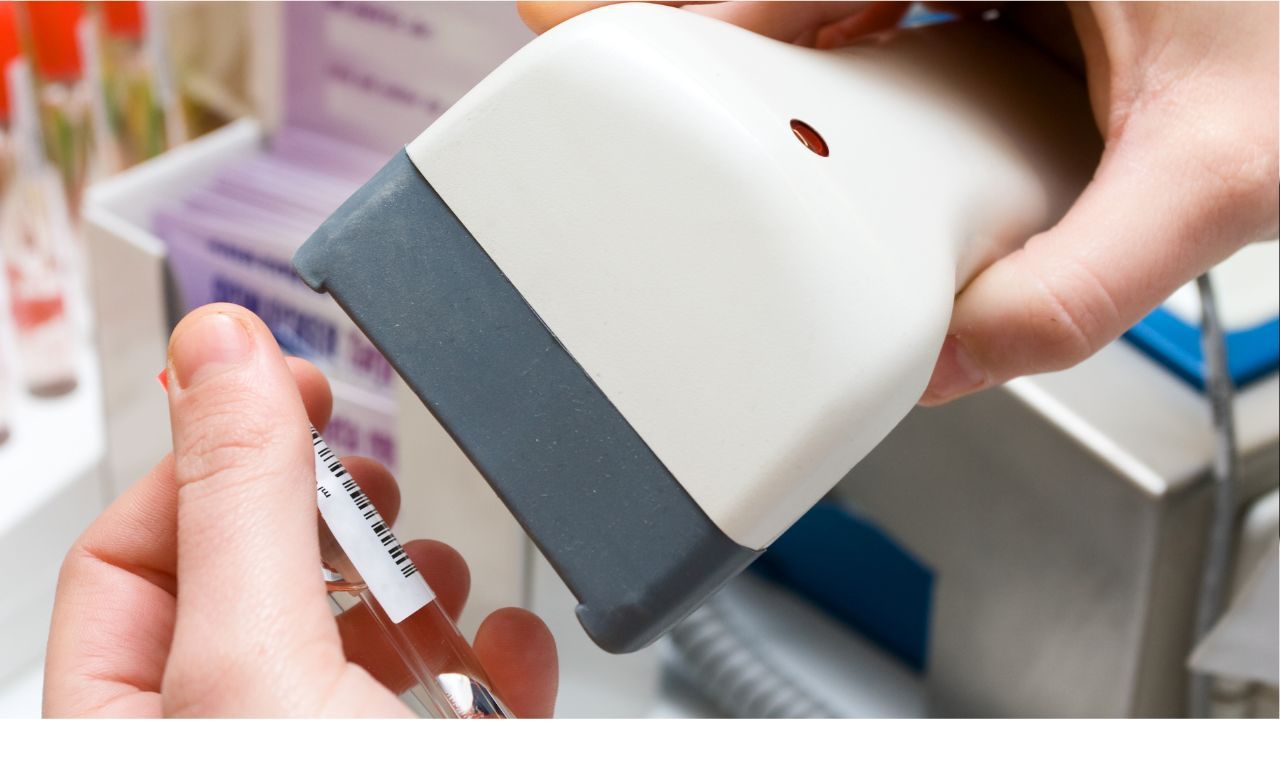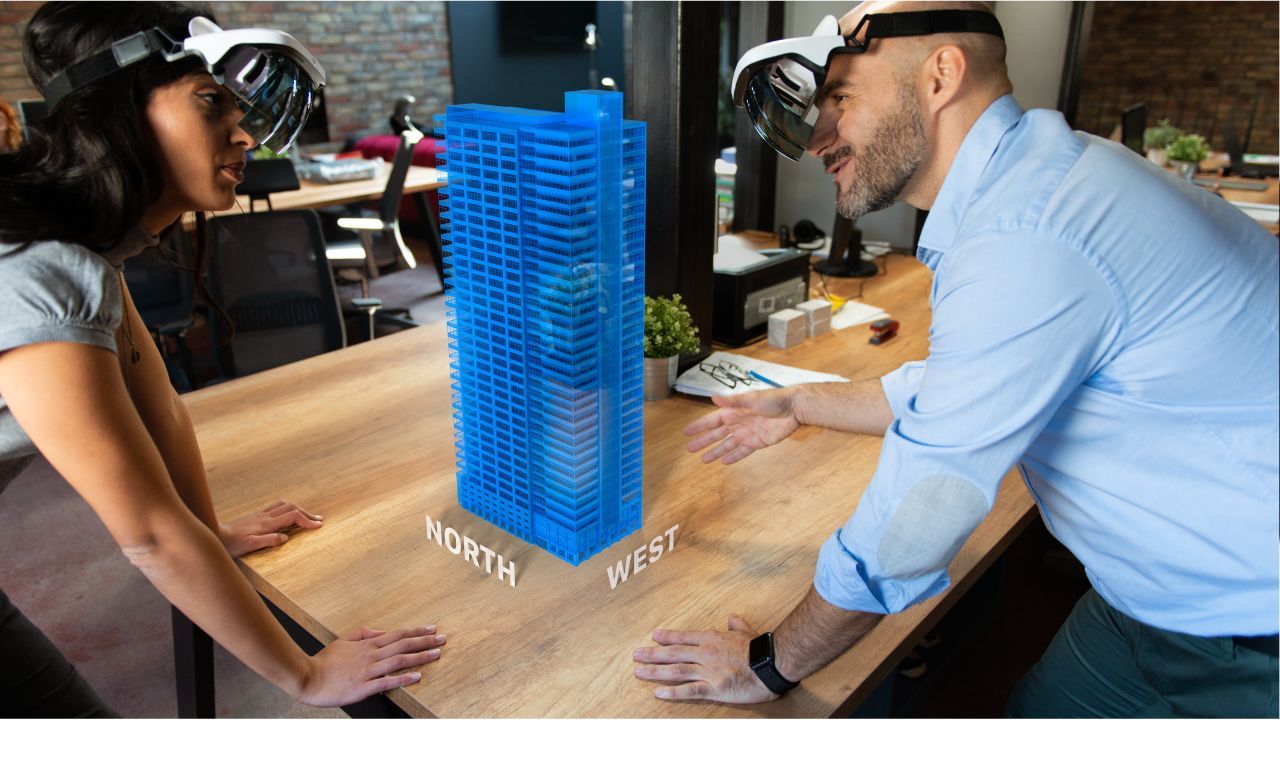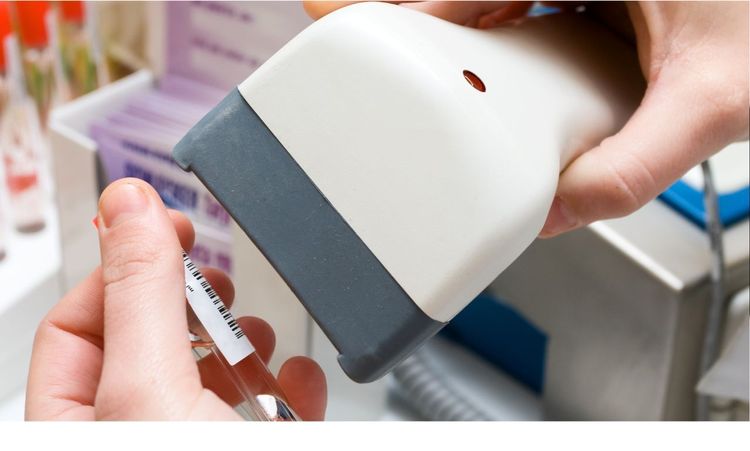The service industry has witnessed some remarkable innovations in recent years. From new technologies that enhance customer experiences to groundbreaking advances that improve operational efficiency, the impact of these innovations has been profound. As industries across the globe continue to evolve, staying ahead of the curve is more important than ever. This article explores some of the most transformative innovations that have shaped the service industry.
Let's examine some innovations and how they've changed the service industry.
Supermarket Barcode Scanners

Supermarket barcode scanners revolutionized the retail industry by streamlining the checkout process, improving inventory management, and reducing human error.
When barcode scanners first came into use, there was a lot of skepticism about whether consumers would see the benefit. But now, it's almost hard to imagine a time when they weren't around. From a business perspective, the efficiency gains have been significant. Stores can track inventory quickly, reduce waste, and offer promotions based on customer purchasing behavior.
Photovoltaic Solar Energy
Solar energy through photovoltaic (PV) is not a specialty anymore but has reached the mainstream as a credible avenue for reducing energy costs and footprint.
In hospitality, resorts, and massive hotels, gigantic buildings are increasingly employing the sun as a source of energy to power their facilities, providing consumers with an eco-friendly experience. It is in harmony with the general global trend toward green technology along with increased consumer demands to be green-friendly. Customers today are more likely to choose businesses that prioritize sustainability in their operations.
I've had the chance to visit a few hotels that are 100% powered by solar energy. It was an eye-opening experience that made me realize how even small businesses can have a positive environmental impact by embracing green technologies.
Electric Cars
As the environment becomes increasingly a hot topic, businesses are increasingly seeking ways to integrate electric cars into their fleets. Whether it's a hotel offering electric car rentals or a ride-sharing business, EVs are becoming the symbol of sustainability in the service sector.
I hired an electric vehicle for business travel, and the experience was easy and environmentally friendly. Charging points were convenient and within reach, and I could drive the vehicle with no loss of performance from a gas-fueled vehicle. The transition to electric vehicles has enhanced transportation to be more efficient and less expensive for both consumers and companies.
Fiber Optics
From enhancing internet speeds to facilitating smooth cloud computing, fiber optics has revolutionized the way companies do business and provide services to their clients.
Fiber optics has become a backbone infrastructure for hospitality, retail, and finance firms. I have seen firsthand how upgrading to fiber-optic connectivity can boost productivity and enhance customer satisfaction. Web pages load faster, communication software responds immediately, and cloud-based applications move more smoothly,.
Contactless Front Desk & Check-in
Whether it's a hotel, a car rental service, or even a healthcare facility, the ability to check in or out without physical interaction has transformed customer service. During a recent hotel visit, I was in a position to check in through an app on my phone and avoid the regular line at the front desk. I could choose a room, get an access key via my smartphone, and even order services without having to visit the lobby. This contactless encounter made my journey more streamlined and mirrored the way that companies can remove friction points and improve the overall customer experience.
Social Media Integration
Social media is now more than just a personal posting source these days—it's a brand marketing tool to build presence, interact with customers, and offer customer-centric services. The service sector has benefited greatly from integrating social media into operations.
For example, a few years ago, I contacted a customer service department via Twitter for a quick issue. I was amazed by how fast they responded and resolved the problem. That kind of real-time customer service, powered by social media, is now an expectation rather than an exception. Social media allows businesses to engage with customers on a deeper level and deliver services in once unimaginable ways.
Hotel Automated Services

The automation of the hospitality industry has gained momentum, and the majority of hotels now have automated services for enhancing the visitor experience. Examples of automated processes include automated check-in machines, robotic room delivery, and in-room intelligent assistants.
I've noticed the ease of automated services at several hotels, where I've been able to check in and get my room key without speaking to a front desk attendant. These technologies save time both for hotel employees and guests, as well as give a streamlined, more efficient service.
Online Banking Services
Online banking is one of the most transformative innovations in the financial services sector. With the rise of digital technology, customers can now manage their finances online through mobile apps or web-based platforms. From checking balances to transferring funds, the convenience of online banking is hard to overstate.
I remember when I had to visit a bank for even the most straightforward transactions, like cashing a check or transferring money. Today, I can do all that from my smartphone. Online banking has reduced operational costs for businesses while offering customers a faster, more secure way to manage their financial transactions.
Autonomous Driving
Self-driving cars are no longer a futuristic dream—they're quickly becoming a reality. With companies like Tesla leading the way, autonomous vehicles are poised to revolutionize the transportation and service industries. From ride-sharing services to deliveries, self-driving cars promise to make transportation safer, more efficient, and more affordable.
I recently took a ride in a self-driving car, and while it still felt like an experiment, the potential is clear. For businesses, autonomous driving opens up opportunities to enhance service delivery, reduce human error, and improve safety.
Virtual Reality and Augmented Reality

Virtual reality (VR) and augmented reality (AR) have made considerable strides in the service industry, particularly in the tourism, retail, and real estate sectors. These immersive technologies allow customers to interact with products, services, and experiences in previously impossible ways.
I experienced VR firsthand at a tech conference, and it was mind-blowing. I could virtually walk through a property before making a real-world purchase. This technology has huge potential in sectors like travel and hospitality. VR and AR can offer potential customers virtual tours of hotels, resorts, or destinations, increasing engagement and helping them make better-informed decisions.
What is Significant Service Innovation?
Significant service innovations fundamentally change the way services are delivered, typically improving efficiency, quality, or customer satisfaction. These innovations disrupt traditional business models and set new industry standards.
What is the Most Innovative Product or Service?
The most innovative products or services offer revolutionary solutions to common problems. Either through new technology, improved processes, or enhanced customer experiences, these innovations disrupt traditional thinking and create sustainable value.
What is an Example of Innovation in Services?
An excellent example of service innovation is the rise of ride-sharing platforms like Uber and Lyft. These services have transformed the transportation industry by providing an easy, affordable, and convenient way for people to get around.
Conclusion
The service industry has undergone remarkable transformations in recent years, with technological advancements pivotal in these changes. From contactless check-ins to the rise of autonomous driving, these innovations have improved customer satisfaction, streamlined operations, and opened up new business opportunities. As businesses embrace new technologies and adapt to customer expectations, the service industry will keep evolving, offering exciting possibilities for consumers and businesses alike.




